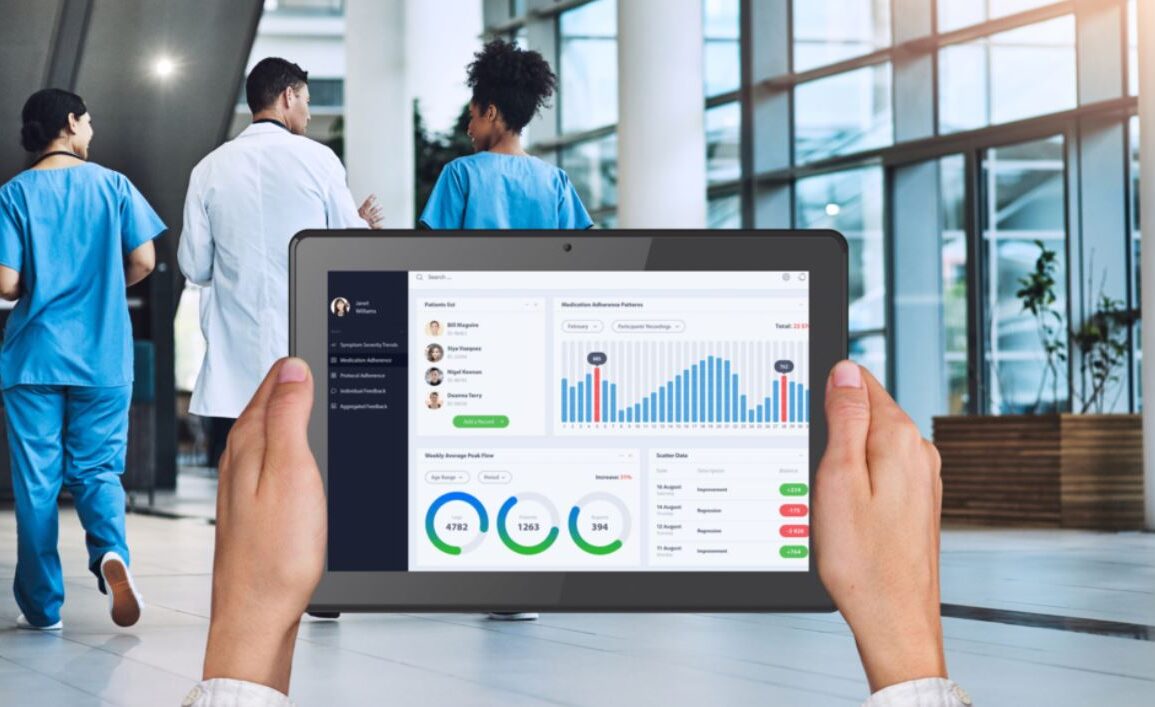Nearly half (44%) of companies are monitoring their employees’ work hours at home, with a further third (33%) planning to do so in the future, according to a new study by Kinly, a global provider of audio-visual solutions.
The new Trusted Connections 2024 study surveyed over 425 audio-visual professionals across the United Kingdom, Germany, Nordic countries, and the Netherlands. It reveals a growing trend of companies utilizing technology to track remote workers, raising concerns about employee privacy and potential misuse.
Companies Cite Employee Wellbeing as Justification
Many companies justify these monitoring practices as a way to ensure employee well-being in the absence of a physical office environment. The study found that one-third (32%) of respondents reported their companies collecting “tiredness indicators” from remote staff, and an additional 37% plan to do so in the future.
Beyond fatigue monitoring, the survey revealed that over a quarter (28%) of companies collect environmental data from employees’ homes, including lighting and air quality. An even larger percentage (36%) plan to implement such data collection in the future.
Report Raises Concerns About Transparency and Ethics
Commenting on the findings, Kinly CEO Tom Martin, expressed concerns about the ethical implications of such practices. He emphasizes the need for transparency and explicit consent from employees before implementing any monitoring technology.
“Adopting this technology means being transparent with employees,” said Mr. Martin. “It cannot be used without their express consent.”
Kinly’s research also identifies additional challenges posed by the rise of hybrid work models. Over half (57%) of respondents reported that poorly designed hybrid workflows negatively impact employee productivity, while a significant portion (27%) face issues with fragmented or siloed data. Furthermore, 58% believe outdated audio-visual technology hinders the productivity of remote employees.
Focus on Comprehensive Solutions, Not Just Monitoring
Mr. Martin emphasizes the importance of addressing the broader challenges of hybrid work beyond just employee monitoring. “Effective hybrid working is essential to business growth, staff retention, and even recruitment,” he said. “Simply giving employees a laptop and saying ‘work from home’ isn’t enough.”
The study emphasizes the need for companies to develop comprehensive and data-driven strategies for hybrid work, taking into account specific business goals and individual employee needs, rather than relying solely on monitoring technology.



